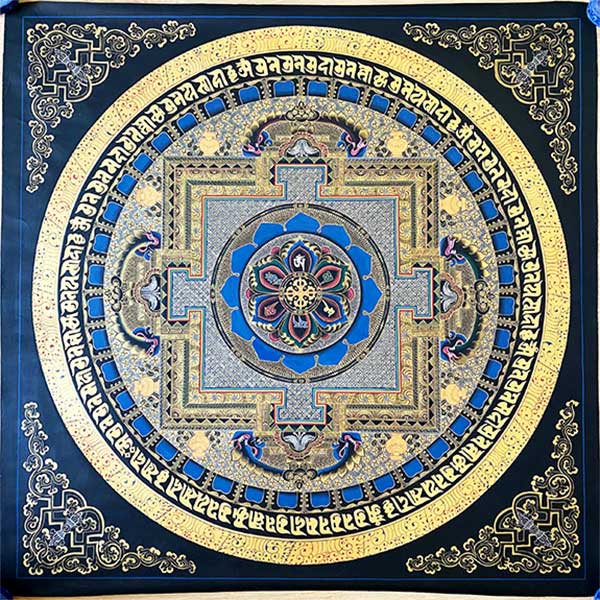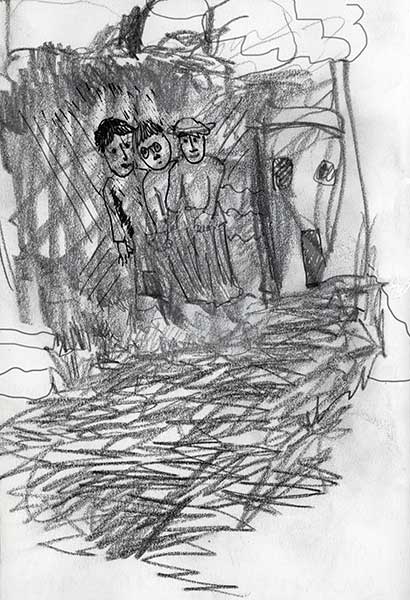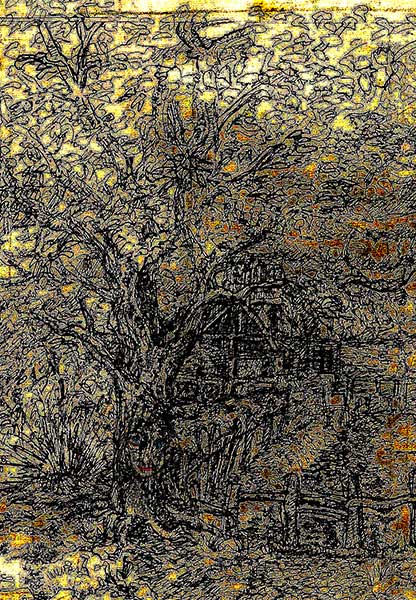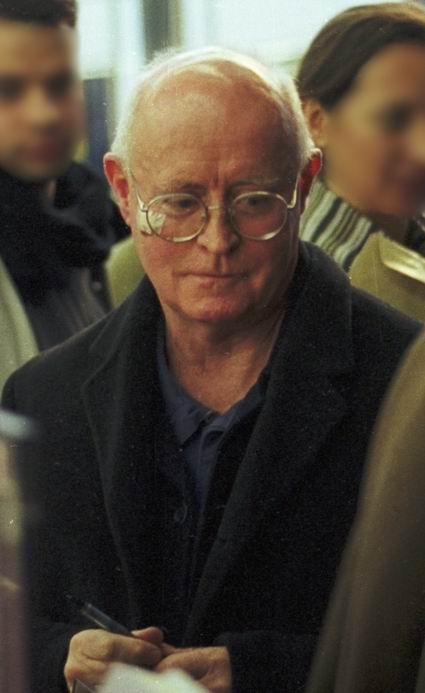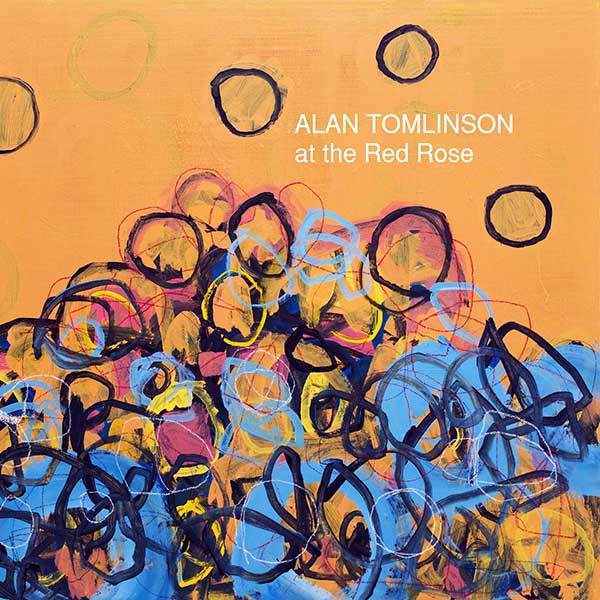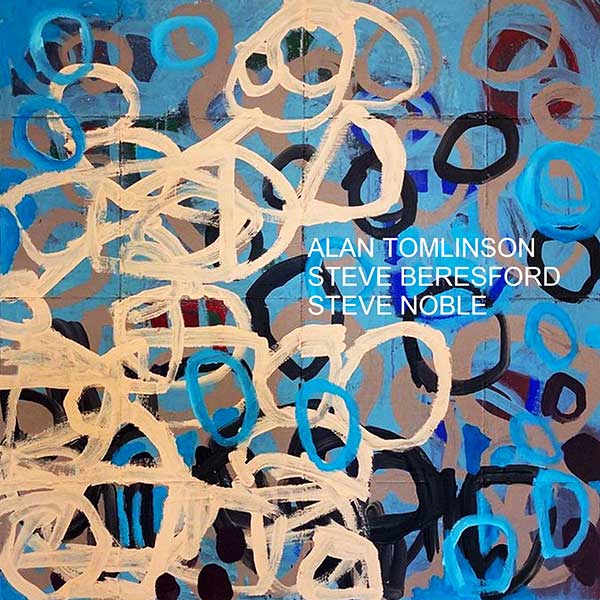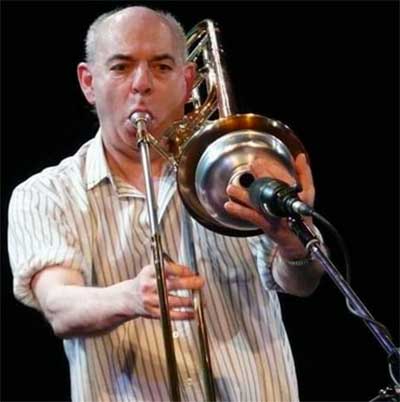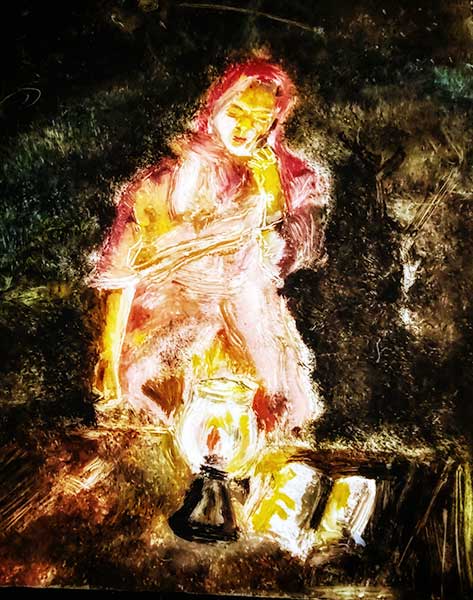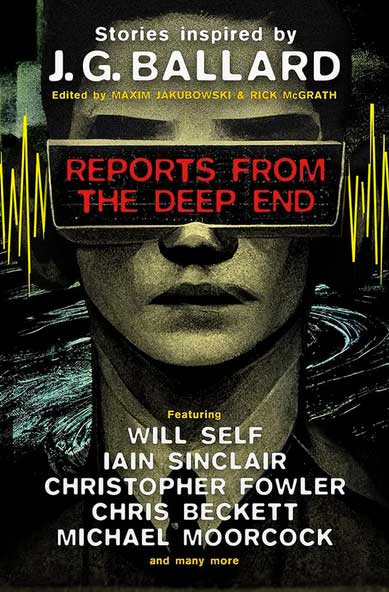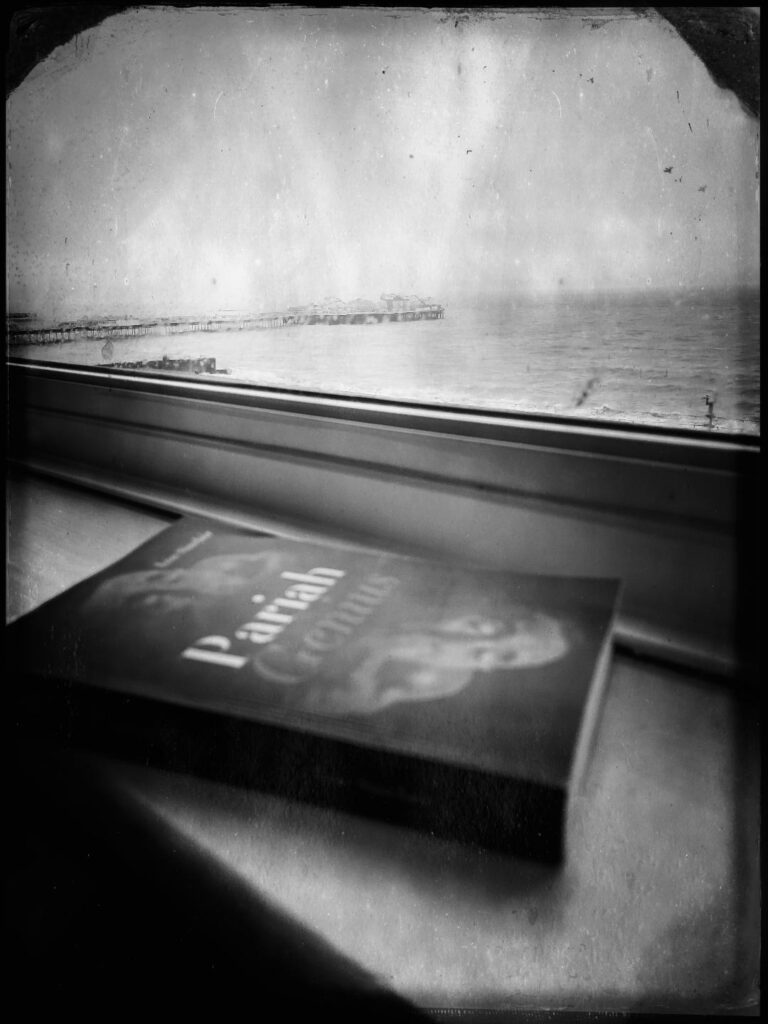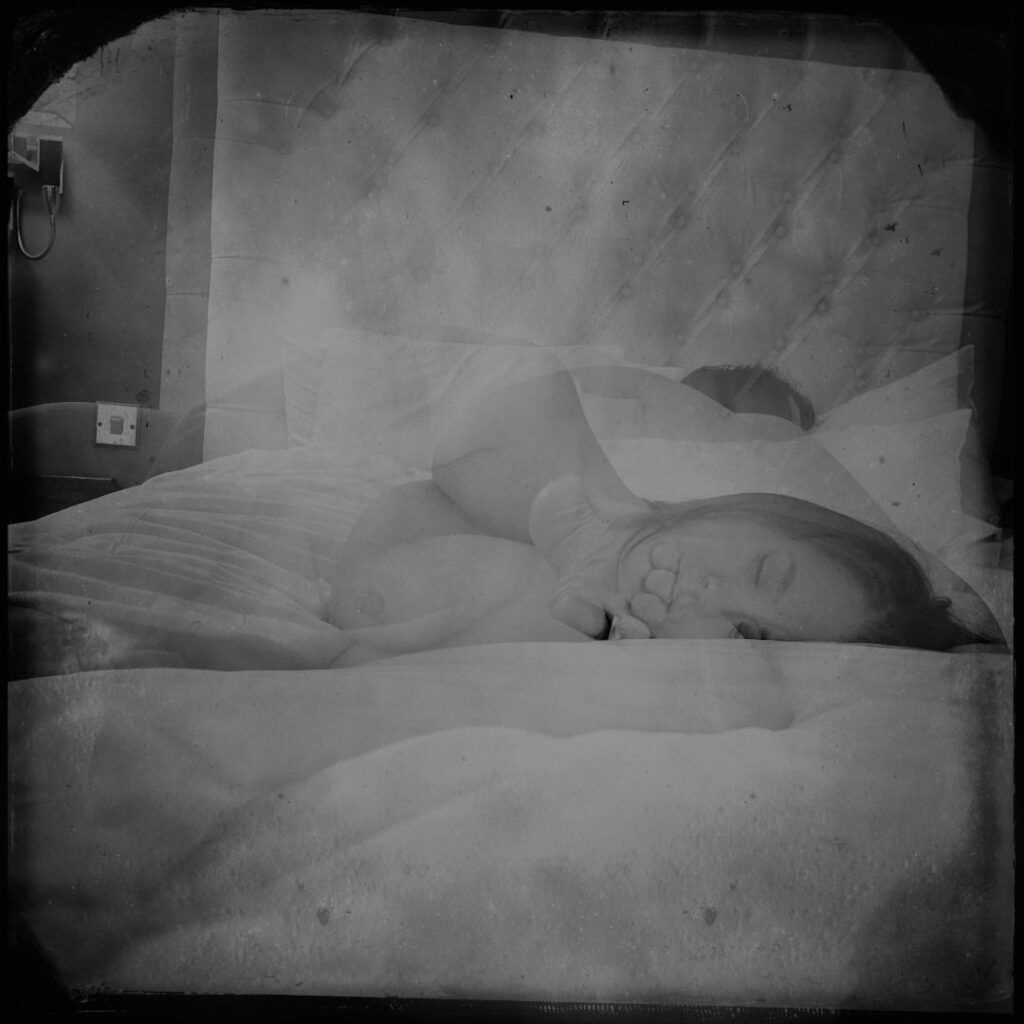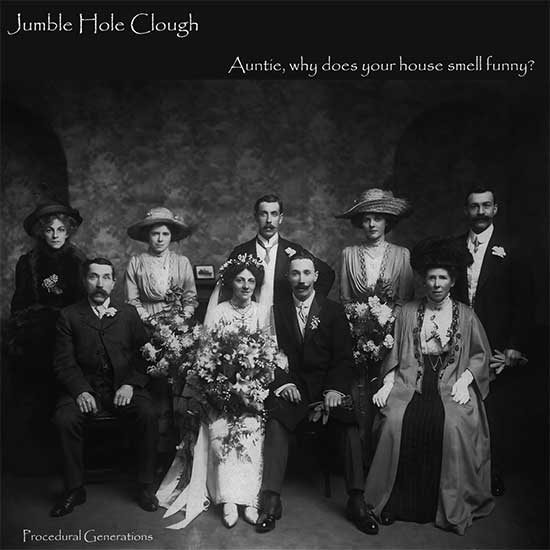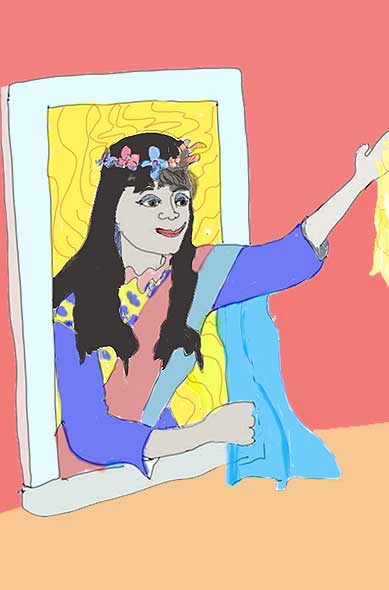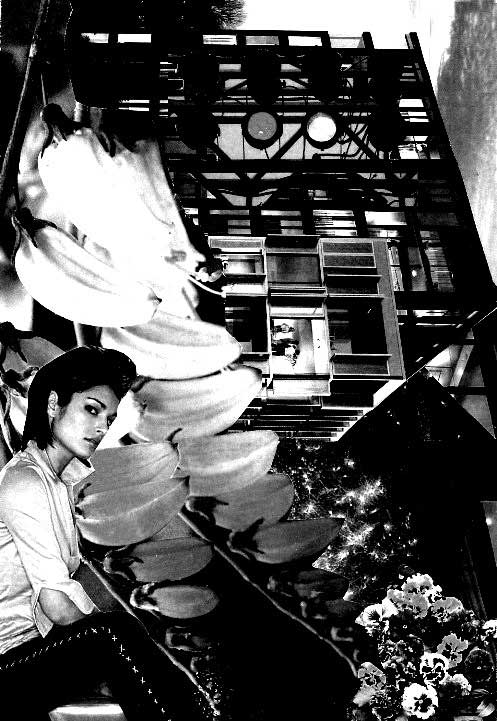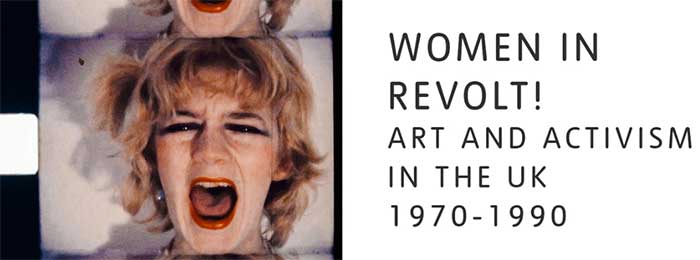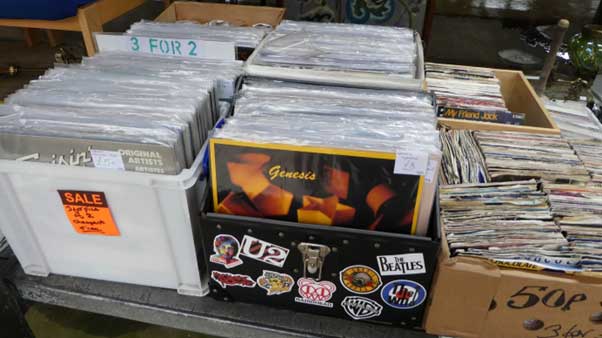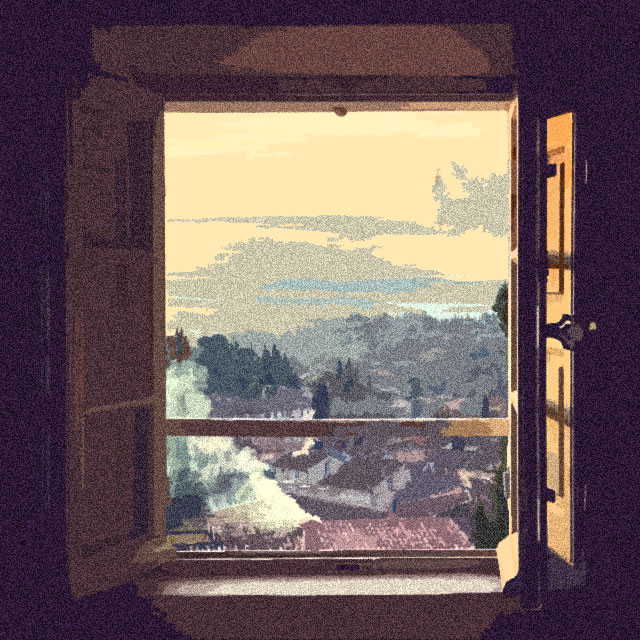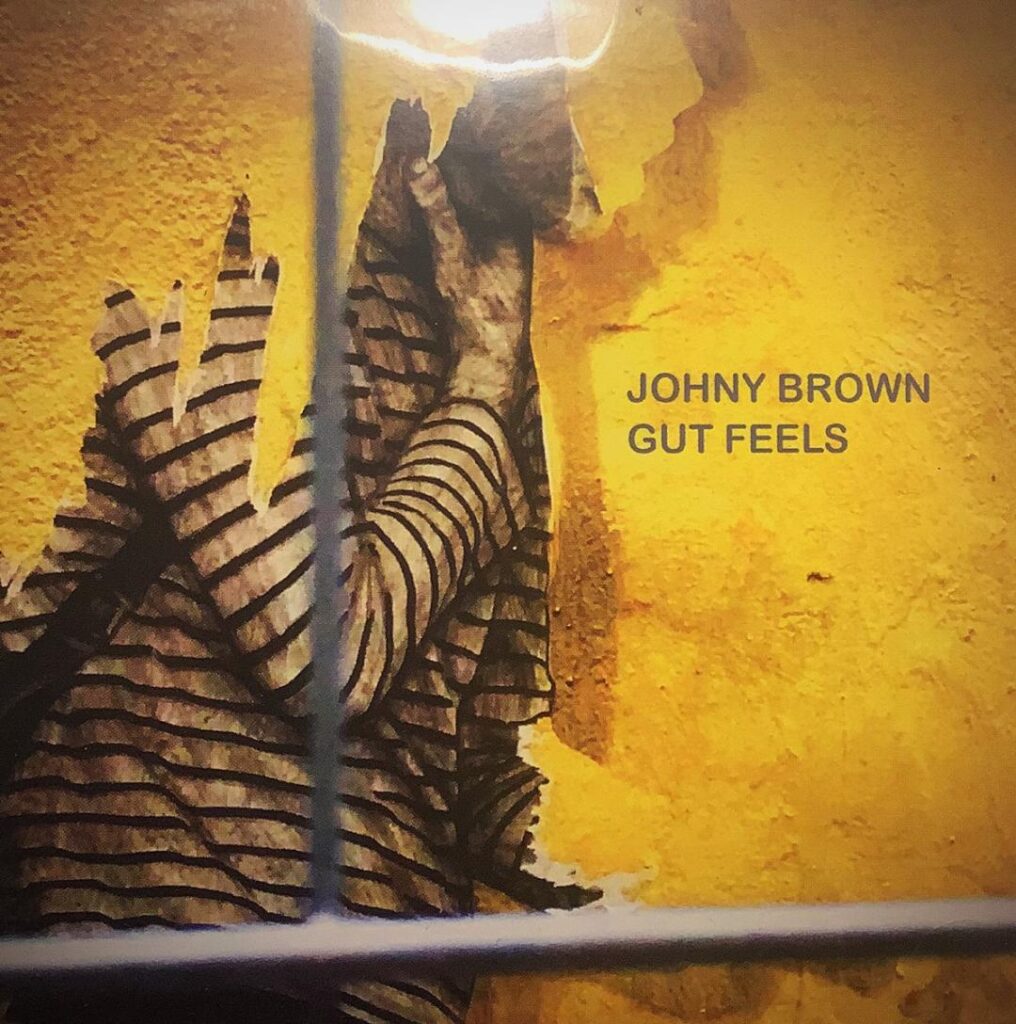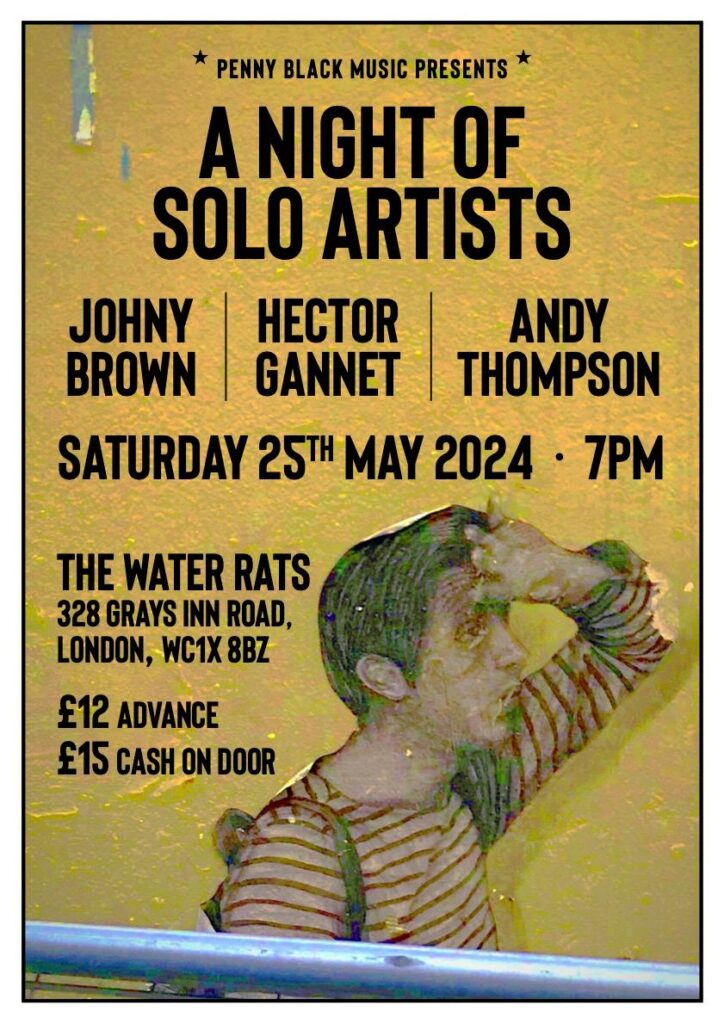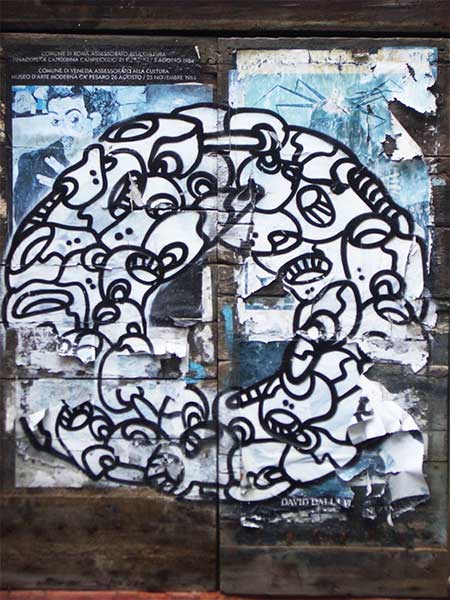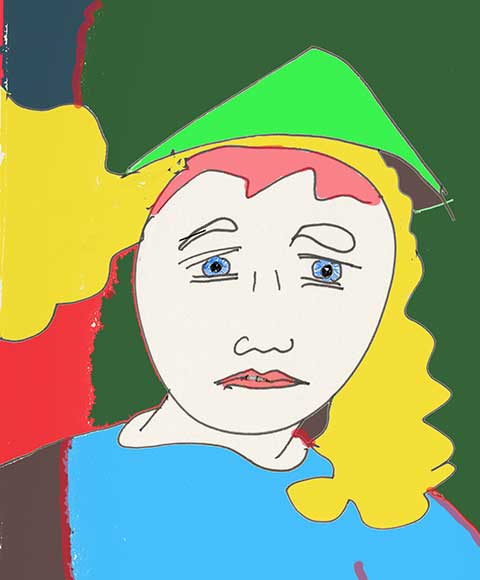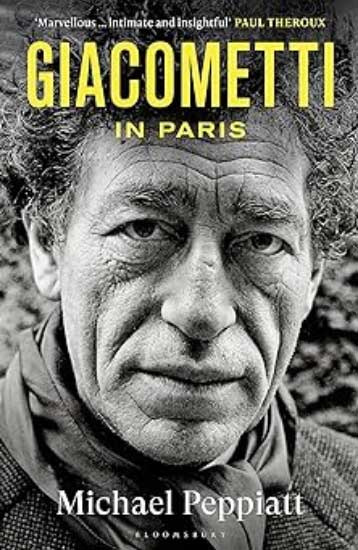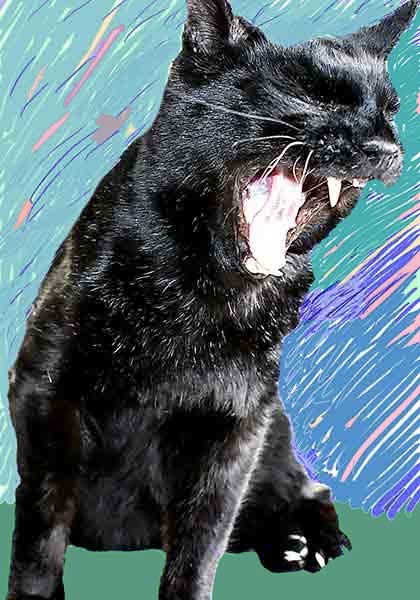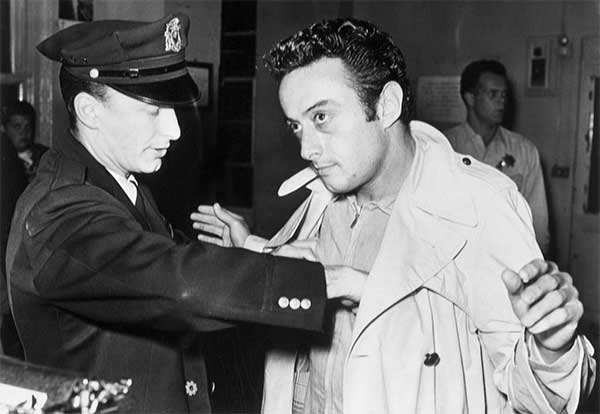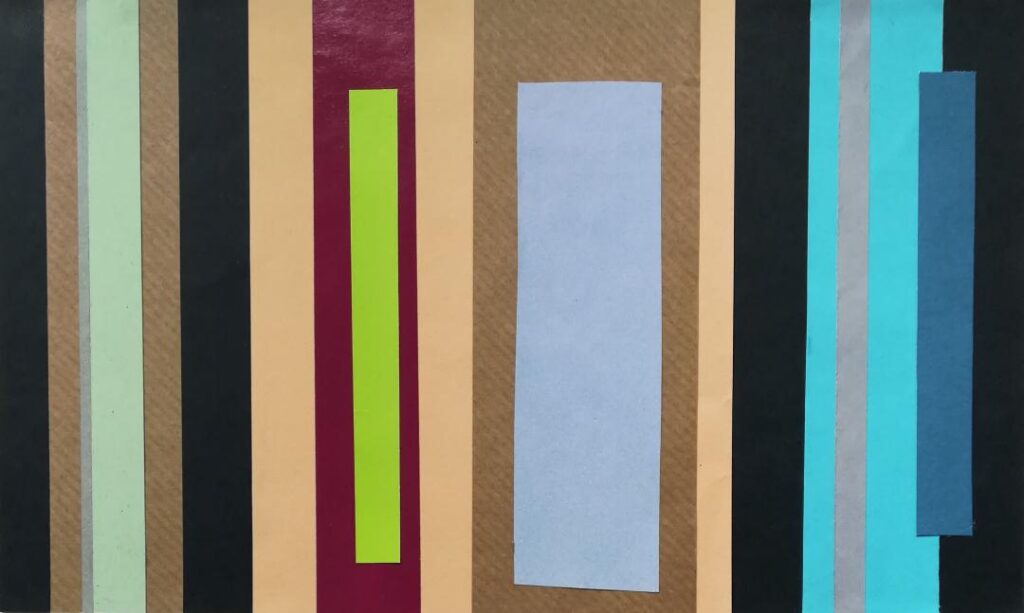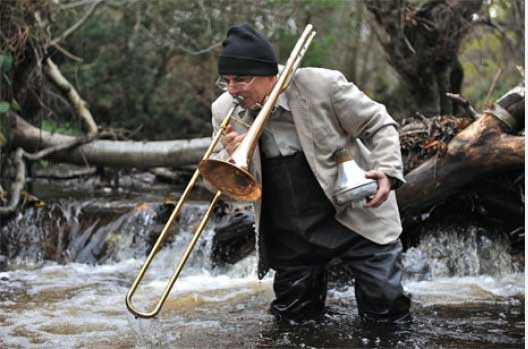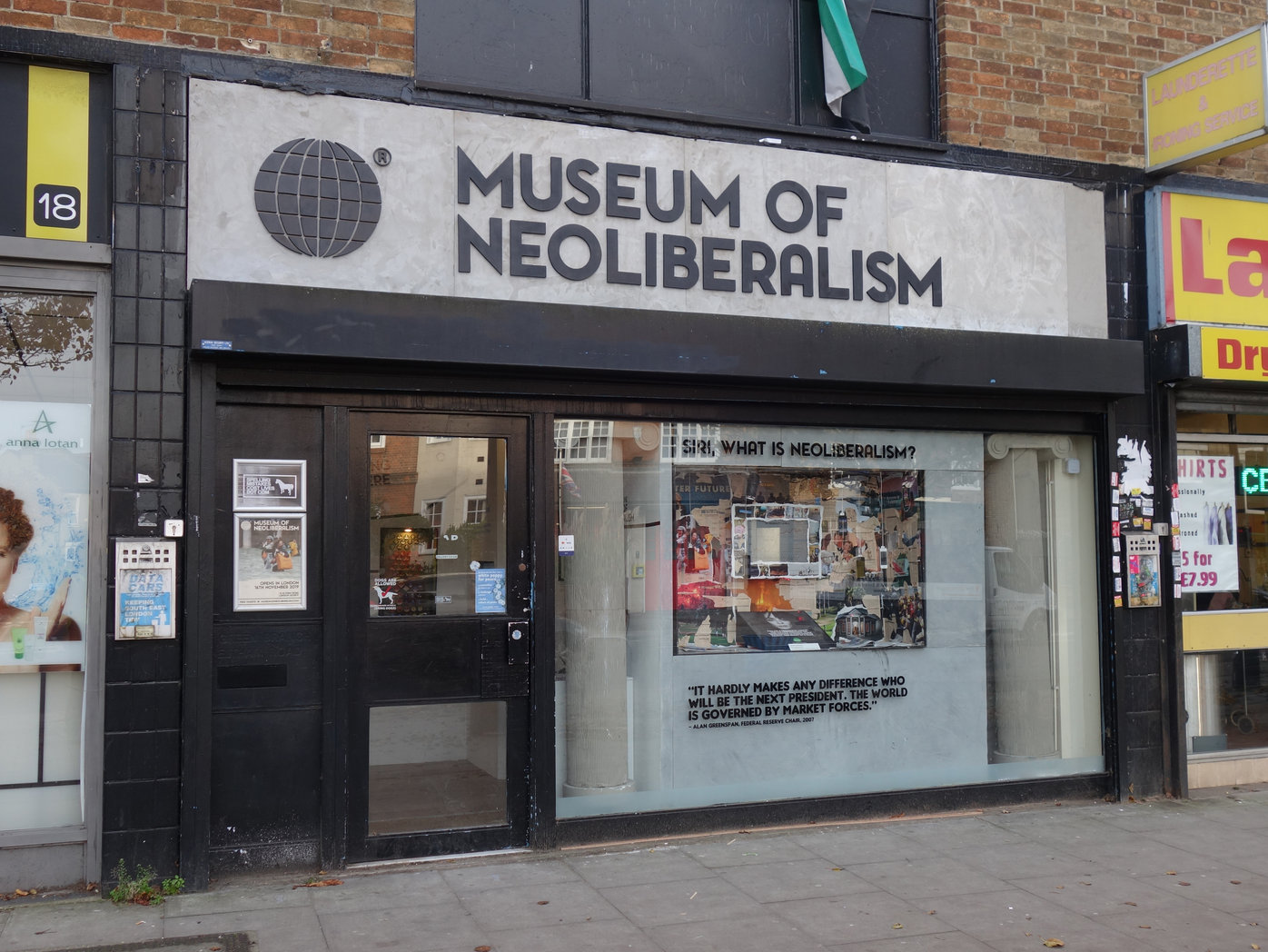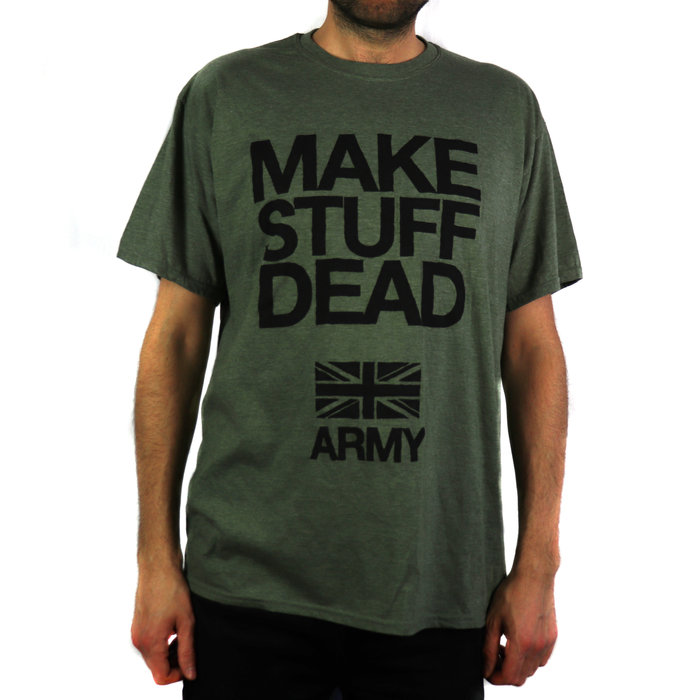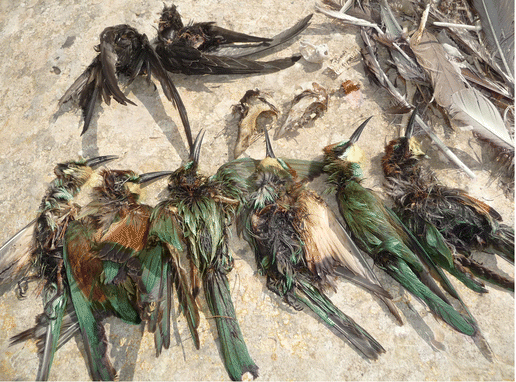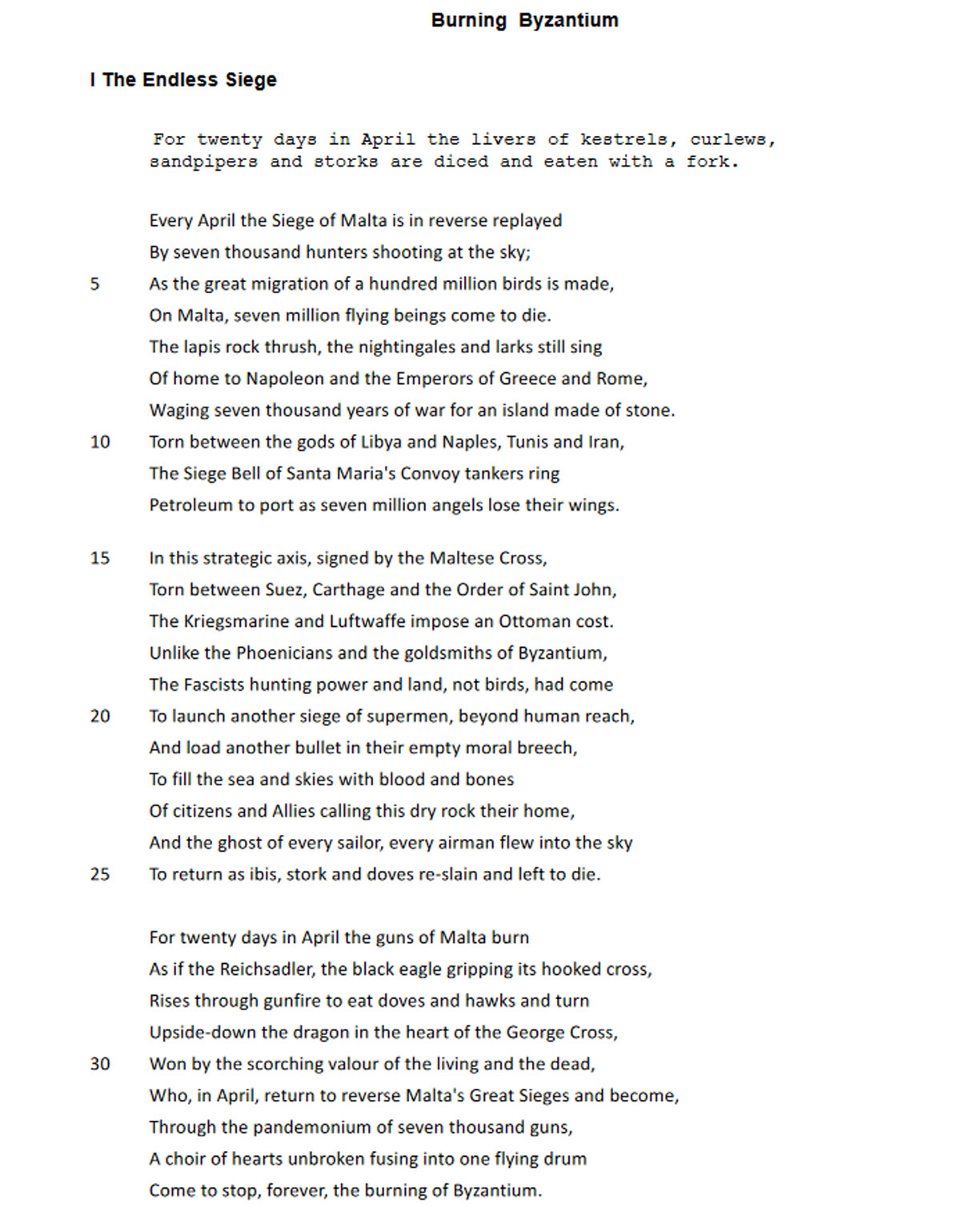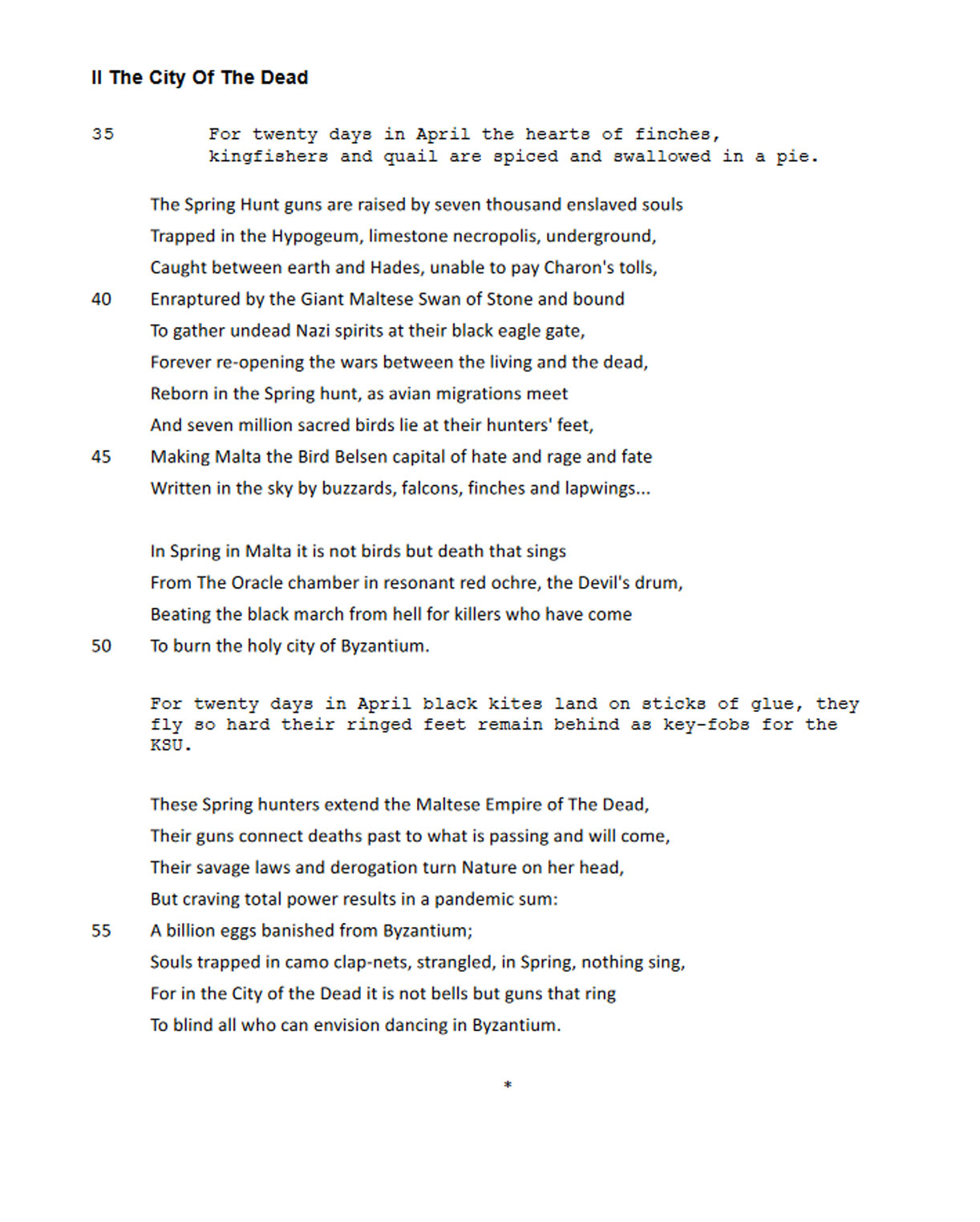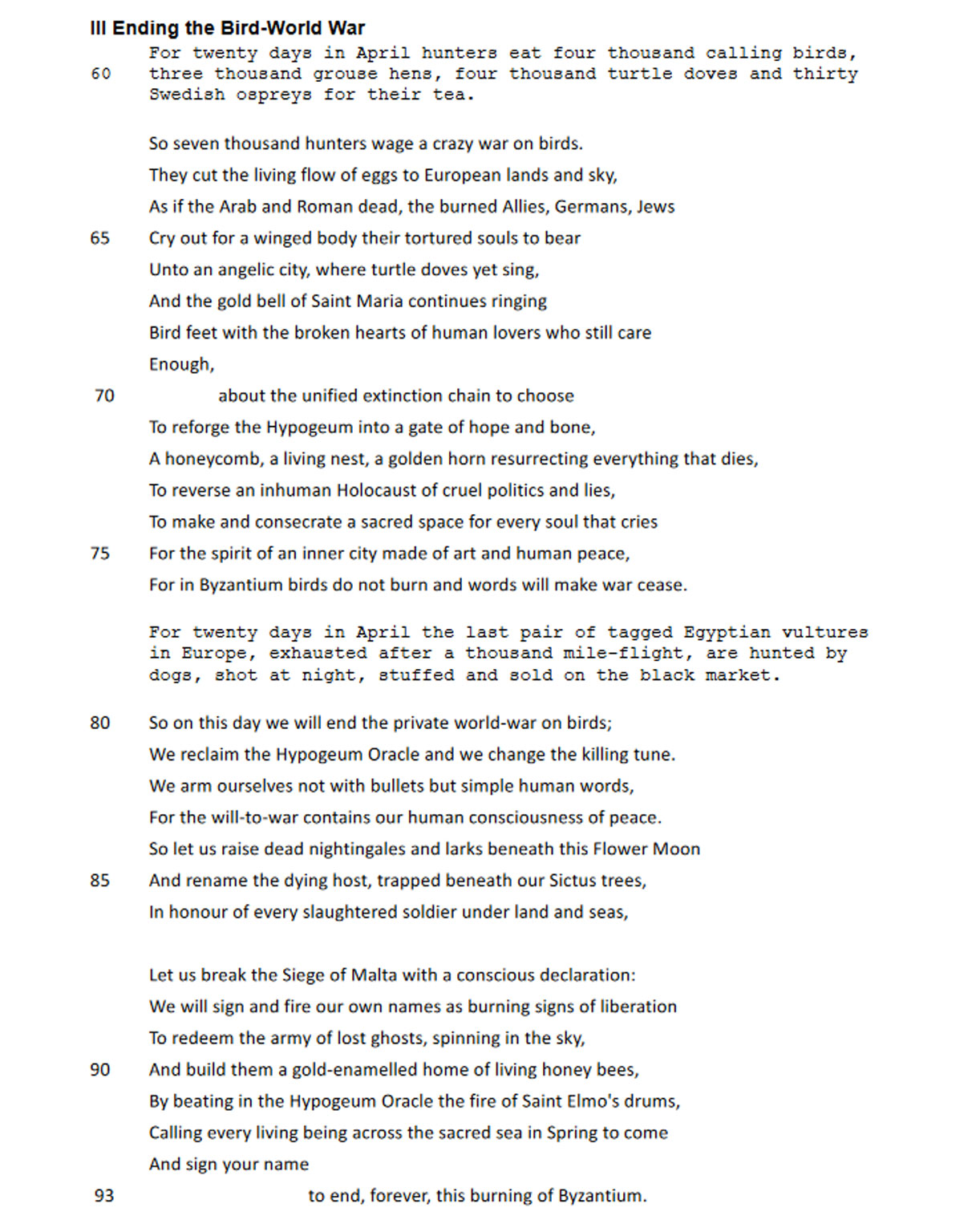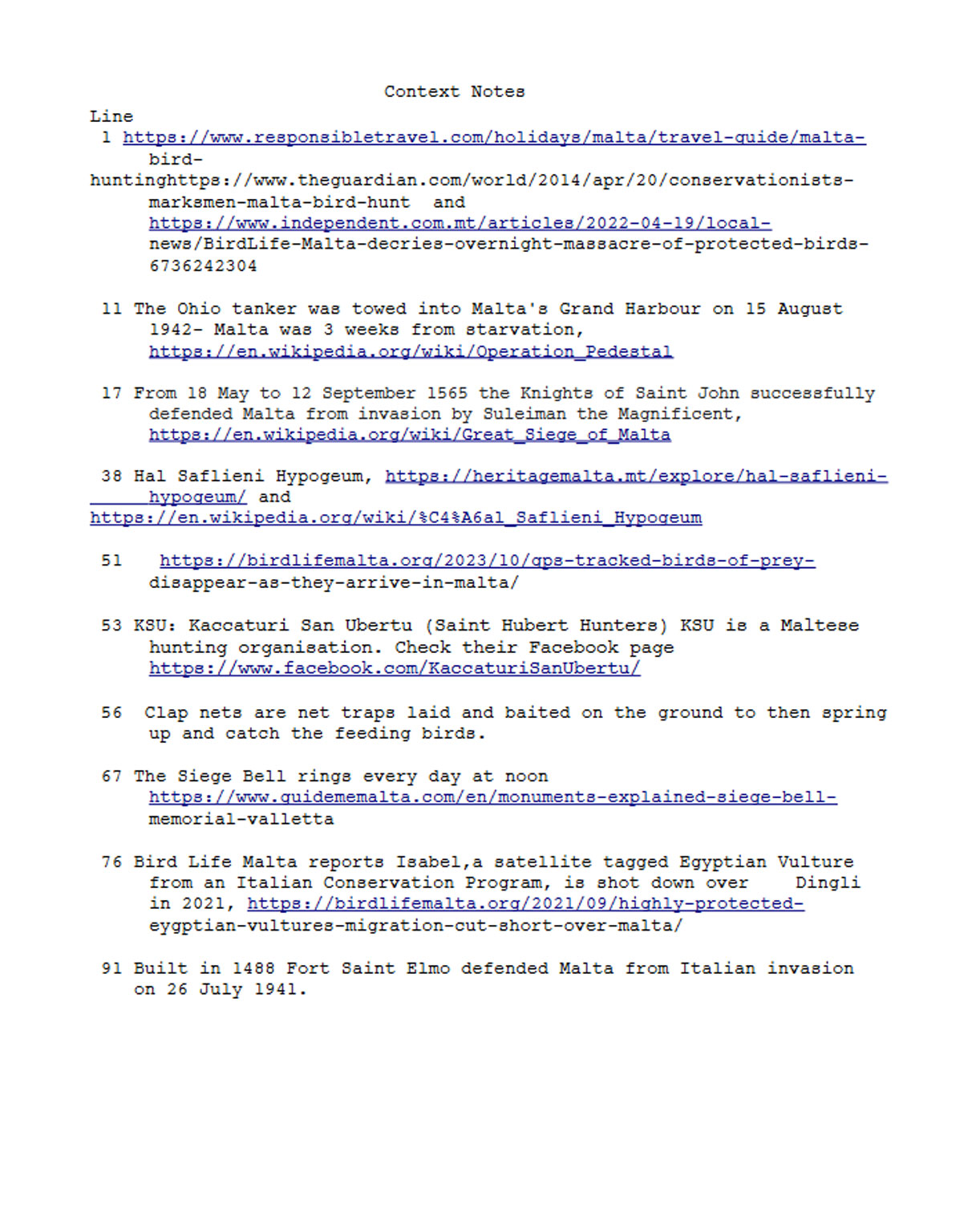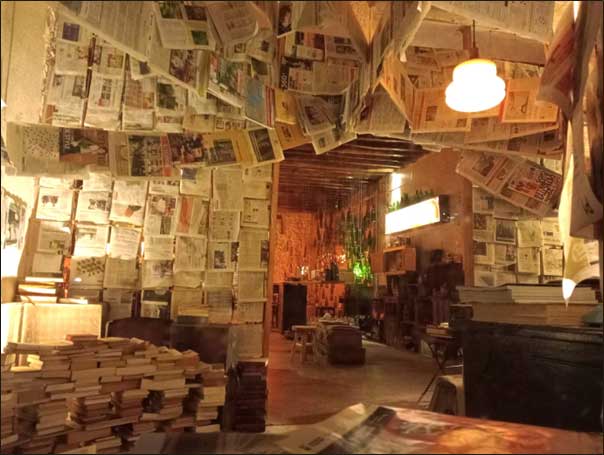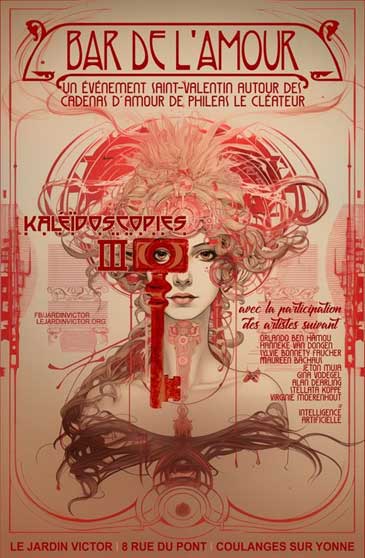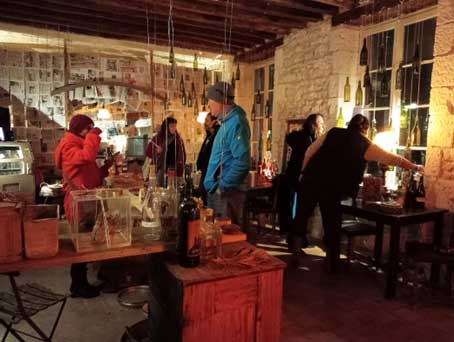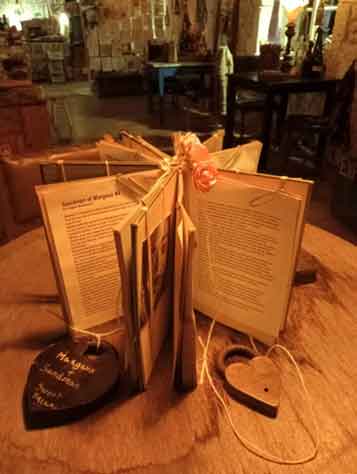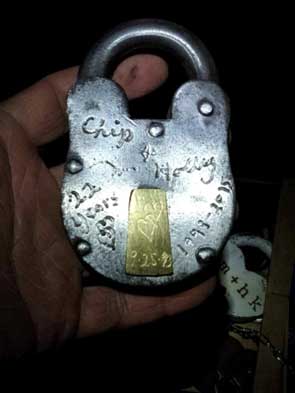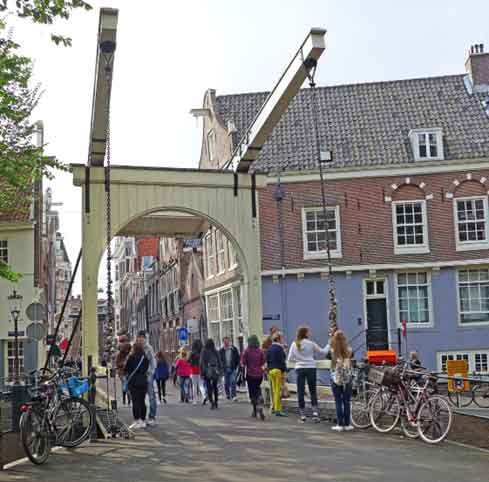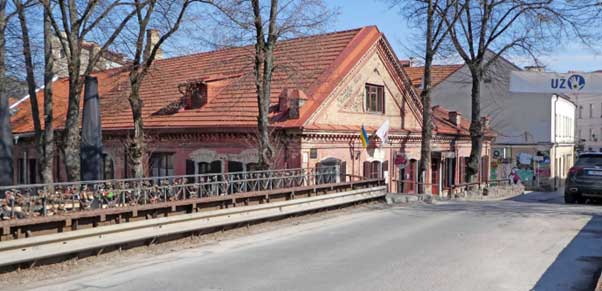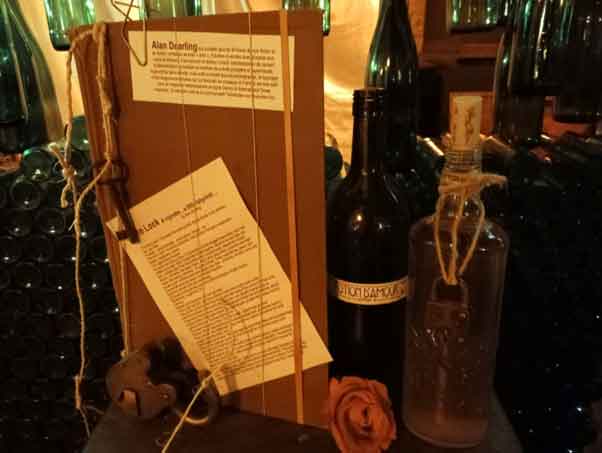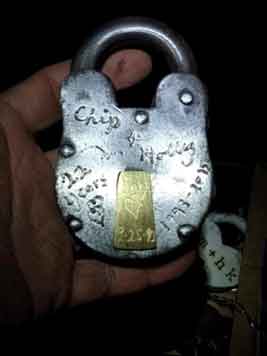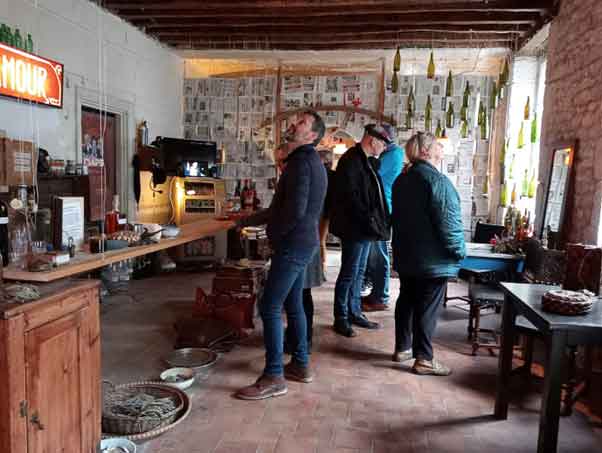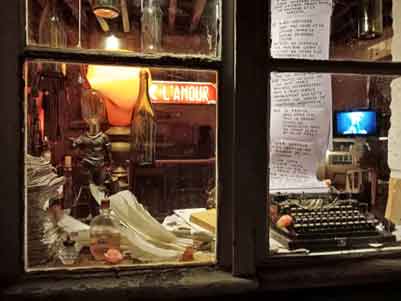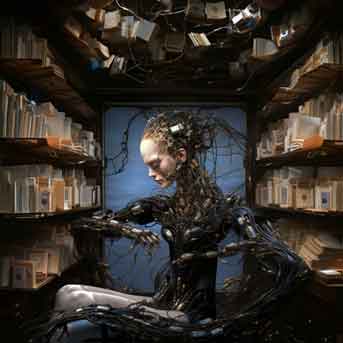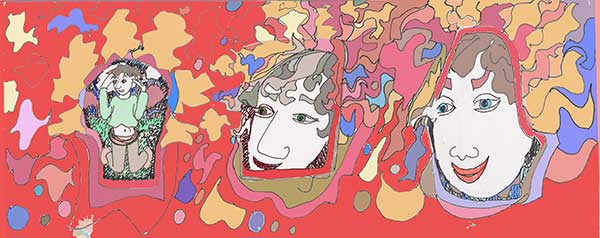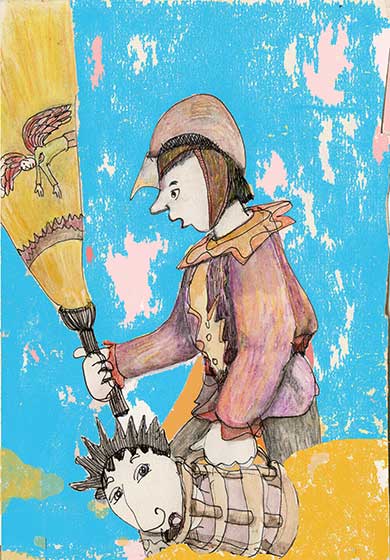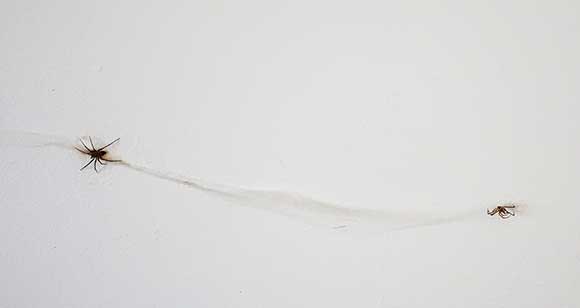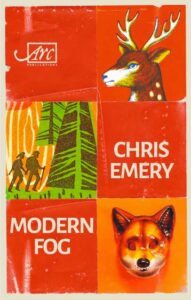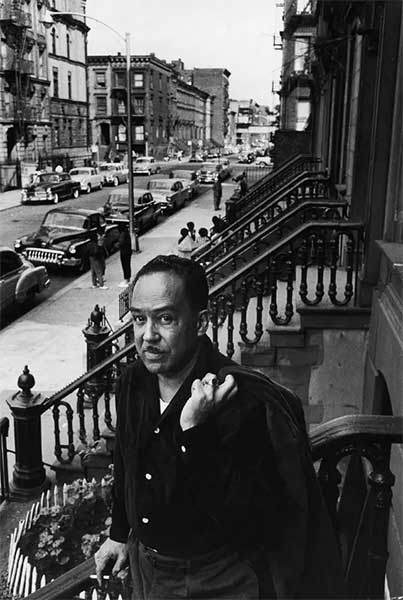Life in a gnostic underground

When Jesus descended into hell, the sinners listened to his words
and were all saved. But the saints, believing as usual that they were
being put to the test, rejected his words and were all damned.
—Marcion, Antithesis
I went down to hell when I was little, before I knew anything about God.
If you’ve never had a seizure, it’s hard to describe. You are lying in bed feeling weird. When you finally drift off to sleep, you are pulled down through your mattress, suffocated by its innards and springs with the weight of G-force and then swallowed into a dark underworld, larger and more vacuous than outer space, filled with horrors and wretchedness beyond description. The mind splits open to the vast black of endless space, and tiny marble-sized planets that you could put in your mouth and roll around collide with a BOOM against the Jupiter-sized behemoths, like some desktop kinetic toy. Body parts don’t work as they should—the arm is limp and dead, then the leg, the ears are ringing.
I woke up with an IV in my arm, surrounded by paramedics and my horrified family, mother crying. After all the spinal taps and tests at the hospital, the doctors said the seizures were grand mal—two words that perfectly capture the experience. As if “Mal” was some demon of the Egyptian underworld who momentarily showed me his face, which was indeed grand and terrible.
Having no clue what caused them, they prescribed me a medicine called Tegretol, a pink pill with a long list of side effects I never read. I gained weight and puked every morning before class. From then on, no more sleepovers, no more all-nighters, the little pink tablets every morning. Then I turned thirteen and, as mysteriously as it had arrived, the mind virus disappeared.
My first experiences of religion were in a Catholic preschool in South Carolina. There I learned about pleasure and pain. They washed my mouth out with a bar of soap for cussing and an administrator paddled me ruthlessly when I got into fights. But the food was good and we got “candy canteen” on Fridays, so I came away with relatively few negative memories, just a misty sense of unreality. When we moved to North Carolina, my parents joined the Episcopal church at the end of a cul-de-sac. I remember Big Macs and pancake suppers and Sunday-school stories, but the Bible was clearly secondary to the sense of community—the lunches, women’s prayer groups, church beach weekends, and general sociability. Church was one answer to the isolation and fragmentation of 1980s to 1990s suburban life.
My father had a beautiful singing voice, as did my mother. But I felt that the hymns they sang with the ushers and parishioners somehow rang false. It was like each singer was afraid to sing out with anything resembling passion or spirit; they all sang like one another, their voices moderated to fit into the harmony of the others.
I hated church. I hated listening to the preachers drone on and I’d do anything to block out their flat, meaningless homilies. During the services, I would daydream, doodle, flip through the hymnal and the Book of Common Prayer, anything to temporarily escape and hasten the moment when the preacher would say, “Go forth!”
As many times as possible, I would walk out of the service and make my way across the breezeway to the men’s bathroom by the kitchen and church office and hide out in there. I would stand on a footstool and look at myself in the mirror for a while, then lock myself in a stall and read or fantasize and wait for the time to pass, jumping with terror whenever any of the old, jolly, suburban church dads in their suits would saunter in to take a piss.
I would come back just in time to take communion, the little plastic-tasting wafer and the wine which tasted so nice. The Lord be with you—and also with you! and a smile from the church elder, and then, finally, the service would end with a Hallelujah, Hallelujah.
I’d come out of the church into the North Carolina spring of my youth—the white dogwood flowers all in bloom, birds singing, insects buzzing, dogs barking, the smell of life in the air. These remain some of my most vivid memories today. I learned that life was at its sweetest when juxtaposed with deadening non-life, that nature was at its most beautiful after you were forced to sit indoors in a stuffy church or classroom or office building. If God loved humankind so much, why, I wondered, did his representatives force precious human life out from the sunshine and into stuffy dark rooms? Wasn’t nature made by God and buildings by the corrupted, grubby hands of man?
Outside of familiar platitudes, no one spoke to me about why I would be a Christian, even what it might mean to be Christian. No one spoke of the eternal things or the history of the Catholic Church or the immortal soul or the desert fathers. In my eyes, our church seemed to foster smallness and mediocrity, but I was not brave enough to break away completely and disappoint my family.
The harshness of a religious upbringing has turned many young people toward radical leftism—rebellion against entrenched and unjust authority. Stalin, Lenin, Bogdanov, Bukharin were all products of strict religious schools, whose brutality is almost unimaginable today. Many of the “progressives” in the Spanish Civil War who ended up shooting up churches and corralling papists and nuns had been raised in the faith. Even in the British schools of the mid-twentieth century, wanton cruelty turned young people against God and toward pop and politics.
But it wasn’t the harshness of religious education that led me away from the church and toward politics. It was the blandness—the absence of true intensity or spirit. While I was made to say the Lord’s Prayer, we didn’t go to church every week, my parents weren’t zealous, and I was in no way forced to accept Christian morality, memorize the Gospels, or even read the Old Testament. Late twentieth-century American Protestantism seemed soft and flabby.
I sought and found the Holy Spirit elsewhere, in punk music, which quickly led to anarchist hardcore music, radical politics, rioting, rallies, and trips across the world to disrupt World Economic Forum meetings. The anti-globalization movement was in full swing at the time.
I embraced this world based on gut emotions, rather than sustained study of all the Noam Chomsky and Howard Zinn books we shoplifted from Barnes & Noble. I embraced it based on the externals: the look, the vibe, the other people involved. We dismissed Marxism and embraced anarchism without having read Marx, just as my family were Christians without really reading the Bible or knowing the history of the Church.
Although I had turned away from organized religion, I now see that I was attracted to the inverted, heretical call of religion that was everywhere in the subculture. Take the messianic, anarchist North Carolina band Catharsis, whose lyrics are like a call to prayer:
When those before you lost their heads upon the blocks
or sold themselves into the service of the snakes
new gods will shape the world in their own image
and all the others turn their eyes away
So we will set out with a fire in our hearts
and a desire that cannot be bought
to snatch the morning from the jaws of the night
and take the dead and bring them back to life”
I could hear the anarchist martyrs replacing the Christian martyrs, the sound of a new world being born in the ruins of the old, not unlike the Christian era bursting forth from the end days of the Roman empire. The Catharsis record was called Passion.
Some members and fellow travelers of Catharsis were part of an influential, mysterious anarchist publishing collective based in North Carolina, which printed books and propaganda, and was forming a kind of post-Situationist politics of passionate living, veganism, and asceticism in the corners of the anti-globalization movement. Their books and propaganda all provided examples of different new ways to live free amid the excesses of capitalism—by literally eating trash, for example. Some shoplifted and dumpster-dived, some traveled the world on the cheap, some rioted and liberated animals, and some made public art that punctured the gray monotony of the routinized world.
This exciting new vision for life was all happening in our backyard—friends and I soon got involved, going to conferences and protests, distributing broadsheets, wheatpasting posters. We were becoming second-generation disciples and evangelists for the worldview. I did not have to actually read anarchist authors like Paul Avrich and Murray Bookchin to know that I wanted to be intensely alive and see every dawn from a rooftop. The late-nineties, early-aughts anarchism scene dovetailed with the teenage lust for life, boosting the effect of both.
In previous eras, I might have joined a socialist society or a utopian religious movement. But the anarchist movement was fundamentally symbiotic with atheism, and, at times, even a tongue-in-cheek Satanism. Our symbols were the Baphomet and the upside-down cross. Records were titled things like “Storm Heaven, Unleash Hell”; t-shirts read “God Hates Fags, Fags Hate God.”
But the fundamental contradiction of anarchism is that for all its alleged atheism, it relies on moral, spiritual, and religious impulses to gain traction. In that way it is unlike Marxism, which, in its orthodox form, isn’t intended to inflame your emotions—it’s “scientific” and attempts to appeal to data and economic facts.
I began to notice how eaten through anarchism and punk were with religious themes, most of them just turned upside down to appear secular—martyrdom, asceticism, purity, beloved community, moral righteousness. Even the names of the bands and labels hark back ironically to Christian history—Profane Existence, Gehenna, Azazel, Undying, Society of Jesus.
Already I had a sense that a radical political sect could be substituted for a radical religious sect, that they served the same fundamental human need, in different ways—to resist the world, to deny oneself, and to feel connected to a small community. It didn’t matter how obscure the black-and-white copies of Crimethinc’s Inside Front punk magazine were; nor that the band behind that limited-release seven-inch that had changed so many people’s lives in Chattanooga broke up after a year; nor that the black-bloc march that smashed up a couple of banks on the streets of downtown Raleigh warranted only a single day’s notice in the local paper.
In hindsight, I see these forgotten and fragmentary radical sects as eerily parallel to the early heterodox Christian sects—the negation, the zeal for life, and the contempt for all authority, even the neglect of the minimal structure and record-keeping needed to perpetuate themselves. The Anchorites, the Essenes, the Basilidians, the Valentinians, the followers of Simon Magus, the mystery cults—who cares about them or remembers them today but a few marginal scholars?
There is something pure about letting a culture be forgotten, and something slightly sullying about insisting on longevity. Being dust in the wind was a good thing. Live frugally, money is evil, all things in common, all people one, the kingdom of God is within you—how many times, in how many different forms, have these impulses appeared and reappeared in history?
In his beautifully written 1973 book The Gnostics, Jacques Lacarrière discusses the heterodox Christians of the second and third century who believed that human beings were torn against their will from the divine by some cruel angel, god, or demiurge. Their view, as he put it, was that:
“We on earth are rather like survivors condemned to eternal solitude, planetary detainees who are the victims of injustice on a truly cosmic scale. Stars, ether, aeons, planets, earth, life, flesh, inanimate matter, psyche—all are implicated, dragged into the universal disgrace…. [O]ur thinking being is tied to evil as ineluctably as our physical being is tied to the carbon in our body cells…. [E]ach birth, each perpetuation of life, increases the domain of death.”
In Jesus’ historical time and in early Christianity, the earth was lousy with prophets, magicians, conspirators, oracles, all manner of idiosyncratic metaphysics and belief. Some believed in indulgence, others were ascetic, some worshipped the Ouroboros in the sky, others thought we were living in a simulation. What is lost, according to Lacarrière, is how so many of them engaged in the social and political realities of the empire.
While he makes no explicit comparison, Lacarrière seems to put the Gnostics up against the New Left guerillas and self-styled revolutionaries of his own era:
“I see them on the streets, handing out pamphlets signed The Proletariat of the Stars, but also taking the struggle further, to limits almost inconceivable nowadays (since for them a truly revolutionary combat would be nothing less than total), waging war against the very nature of our presence here on Earth. Modifying the means of production, transforming the nature of economic exchanges and the distribution of wealth, without tying these changes in with an asceticism operating conjointly on man’s mental structures, could achieve nothing more in their eyes than changing one master for another.”
Like so many other radical projects, theirs involved rejecting the world as it was. They took one step forward and two steps back and were eventually repressed and condemned as heretics and then erased from history—their sense that the world was an evil trick was a prophecy self-fulfilled. They were too resistant to the numbing effort of reproducing themselves and too enamored of oblivion.
In 2005, my father lost a grueling five-year battle with a rare form of male breast cancer. I had watched him slowly waste away into a husk, call all his friends sobbing, and say his goodbyes. It didn’t help that his demise was shepherded by a nascent and questionable North Carolina hospice system.
These bureaucratic midwives of the “good death” provided “family support” by monitoring the progress of his decay. On the final night, they indicated to us that the time had come to cease letting nature take its course and induce labor—the death labor. We were given a large dose of morphine to “ease the pain” and told to administer it ourselves. Though they reassured us, both my mother and I knew that it was a fatal dose. I administered the medicine as instructed. He was gone by morning.
Compared to the way our ancestors died three centuries ago—shallow graves dug in frozen earth and marked with a piece of wood—the hospice system seemed to be a strange and sterile approach to dealing with death. According to it, death was best when it was “painless,” “gentle,” “holistic.” But my impression was that despite the hospice’s analysis, my father was not ready to go. All of us who remained behind have taken notice of a strange presence lingering about in the house where he passed, all these decades later.
Faith has long been decried as a crutch for those who’ve hit rock bottom, were born in difficult circumstances, or lost the people they love. Freud portrayed religious belief as a fantasy of wish fulfillment. But for others, loss leaves them with hatred and contempt for God. I think of my old friend “Evil” Ernie from the borderlands of West Virginia.
A near-mythical wanderer with dirty coke-bottle glasses, Ernie was always riding freight trains across the country, seeking or running away from something. He hopped freight trains through the jungles of Cambodia. Once I rode with him to Washington D.C., lying flat under a refrigerator car. We saw each other along the circuit of Earth First! Rendezvous, anarchist gatherings, convergences, conferences. We picked each other up hitchhiking when someone had a car.
Ernie didn’t talk much about his past, but everyone knew his story, which he occasionally told at spoken-word events. His father was a preacher and Ernie himself had been a child preacher. His father got sick and died young and unexpectedly. Devastated, Ernie blamed God, held him in contempt for abandoning him and his family, fled the church, and became an apostate.
He became Evil Ernie, embracing the wandering life, hitchhiking and train-hopping around the country. Every time I saw him he was wearing the same oversized black Venom t-shirt with an upside down pentagram Baphomet face, a leering broadside at every believer. Sometimes he would perform at radical spaces, squats, environmental forest encampments. At the end of these monologues, I was told, he would shake his fist up at the uncaring sky with the forsaken rage of Job, and in his thick Appalachian drawl, say, “Fuck you, God, I’m an anarchist punk rocker.” He was a thoroughly American character, in his train-grease-covered Carhartt overalls and bull-like septum piercing.
My experience of losing a father was the opposite of Ernie’s. It was after my dad’s death that I saw firsthand the power of a religious community during some very trying times for my family. When the hearse came and the dust cleared, the youth culture was not there for me or my family. But the church was. For all that I’d held it in contempt as an institution, institutions are made up of people, and these were good people and friends of my father and my family. They fed us and comforted us as we mourned.
I didn’t turn into a religious person then, but this firsthand experience gave me respect for the church as a vast institution. For all of its checkered history, it was still awe-inspiring in its scope, having perpetuated, enlarged, and guarded itself for over two thousand years. It had insinuated itself across the planet to such an extent that even in my small, suburban North Carolina town there were dozens of church communities—each with its own denominational interpretations, financing, internal politics, outreach, and ways of nurturing the sick and aggrieved.
Christianity is impressive on a strictly material and logistical level, in the way that Walmart or Amazon is impressive. And it has the permanence of the Pyramids or Stonehenge. You know the church is still going to be there the day after tomorrow, when you might need it.
The empty rhetoric and transient configurations of the anarchist movement gave me great respect for institutions with the durable structure to manage life’s inevitable difficulties and tragedies. When people leave subcultures like the anarchist movement, they often speak in vagaries like “people grow up, people change.” But there is actually shrewd decision-making going on behind the scenes. Do I want to throw my lot in with the disorganized and unreliable community, taking the risk that I might end up stuck there with the dregs? Or do I want to rejoin society, have a family, and try to do the best I can with the ideals I picked up from the inside?
In this way, a kind of “brain drain” starts. Some people defect from the revolutionary community and rejoin reliable society, taking the subculture’s talent with them, leaving behind those without the resources to make it outside or stubborn people who just stay on principle. Others feel pushed out by changed circumstances. Couples have kids and find that their community relates to them differently afterward. My old friend Sparky lamented that “when I got sick, everyone just kind of disappeared.”
Still, like the character in Maxim Gorky’s forgotten epic The Life of Klim Samghin, “at the age of 25,” I had not yet experienced the necessity of “solving the question of God’s existence or non-existence.”
Then I had an experience that I can only describe as an epiphany, contact with the unseen forces beyond the realm of nature. It occurred after a long night of walking around my hometown under low, glowing, light-polluted cloud cover, the air still and humid as if trapped inside an orb. I wandered all night down the empty streets, past the blinking stop lights, through the strip-mall parking lots, on the dirt sidewalks past the construction and drainage ponds where ducks gathered behind a Barnes & Noble—so much life just behind the Mondrian-like glow of the box store and strip-mall facade. I walked past my old high school, through the overgrown graveyards, past the eyeless split-level houses of friends who’d moved away after their parents died, behind the CVS and Kmart, whose asphalt loading docks looked like stage sets.
At dawn, in the lilac dark, exhausted and cracked-open and eyes runny like egg yolk, I ended up in a little copse of woods behind a bagel shop I had been going to since I was kid. Perhaps it was something about being back there again—the distance between the bright, hopeful dawn of life and this nether midpoint, nothing much changed except my perception of the world duller. Or perhaps it was feeling hidden from the cold, judgmental eyes of the world, between civilization and nature, the pregnant and cloud-laden night turning to dawn. Or maybe the motes of morning light coming down through the pine trees and dancing all around me triggered some synaptic response.
Whatever it was, I felt something welling up, bigger than me. I felt seen by some all-knowing presence that had always been monitoring me through his surveillance cameras. I saw that humankind was a great mistake, a fundamental tragedy, that we were separated by a great perforated veil from the universal. That our lot was to wander the world, to resist our lot, and eventually to plunge into death, like all those millennia of people who had come before, our brothers and sisters who still call out to us from their beyond. I felt and saw my frailty and smallness, my brokenness—a little wrecked creature with a very limited timespan—and I saw the pathetic beauty in this frailty.
I held this heretical and solitary vision at the center of my heart and it became a private conviction. My friends didn’t believe in the divine, they believed in human progress—that we are always on our way upward to somewhere better. They would say that whatever occurred to me that night was purely biochemical. Whatever it was, it all came together to communicate a sense of distinct presence where there was no presence and the knowledge that this was God.
I sought to acquaint myself with the variety of religious texts, the heresies and apocrypha, the Nag Hammadi manuscripts that resonated with the penetrating truth of this vision. Later, I saw this truth reflected through totalizing, ecstatic messages in literature and music, even in the work of the Canadian hardcore band Fucked Up, whose two major full-length releases were lousy with references to the Apocrypha. In their song “Invisible Leader,” they sing:
from the Books of Enoch
to the bible codes
We spend our final days still looking for that gold
and once we find it
how will we know?
Will it cleanse the rot from our souls?
Will it help to save us from the fires below?
Or take “Days of Last,” which makes cynical reference to the cycles of prophets and martyrdom, to the persistence of literal interpretation:
The Essenes still wait for the returned Elijah
Pious devotion shackles them to their faith like a slave
The Greek gods watch down from the heights of Mount Zion
Joking that the worship of the literal doesn’t fade with time”
In “Son the Father,” the chorus goes, “It’s hard enough being born in the first place, who would ever want to be born again?”
How do we trace the form of this dark lineage, from the zealous and forgotten prophets and revolutionaries of the past eras to the life- and world-denying messages of punk and the periodic gusts of radical movements? Lacarrière wrote, “Our world exudes evil from every pore.”
Some time later, I managed to talk my way into a Christian retreat center deep in the Adirondacks by portraying myself as an aspiring young seminarian. I said that I was in need of prayer and reflection on the true nature of faith and God before choosing a denomination—that I was torn between the Unitarians and the Episcopalians.
This wasn’t so far from the truth. At the time, I was working in magazine publishing but quietly researching master’s programs in theology. I felt that I was wasting my precious days in cancerous midtown Manhattan publishing offices basking in the fluorescence of huge digital billboards, working only for the cold materiality of my own middling title, status, and survival. I was in the business of churning out ironic, detached, but ultimately meaningless content that portrayed itself as having real value, advancing some public dialogue. But I felt it was ultimately just an increasingly obsolete form of idle entertainment that helped sell luxury products and make rich people feel better about themselves because they were supporting “culture” and “keeping up with the conversation.”
When the retreat center offered me a week of repose in one of their little spare monk cells, I took the train up from Penn Station through the wild beauty of the Adirondack wilderness, stepping off into an empty field beside Lake Champlain. A big, autumnally cinematic sign by the side of the road read “Welcome to New York State,” and I walked for miles along a country road past fallow fields and Greek revival farmhouses and a fort from the Revolutionary War, until I arrived in the little village of Ticonderoga, with its old diner and boarded-up houses and alleyways.
To get warm, I crept into the baseboard-heated one-room library, where the elderly librarian told me it was too far to walk and called me a local cab. Fat snowflakes were falling when the cab showed up. The eighty-year-old driver sped down the winding roads, telling me about his woodstove and that “not much has changed around here in fifty years.” He dropped me off at the beginning of a gravel road and I walked the final half mile, coming up on a big 1920s property—a little like the hotel in The Shining—perched between the lake and mountains in the woods.
The place was operating with a skeleton crew for the winter. After getting settled in and eating alone in the empty cafeteria with my big biography of the Apostle Paul, I tiptoed into the facility’s magnificent wood-paneled library with big desk lamps and a huge circular window that looked out onto the dimming lake and black mountains. It was regal and well appointed, packed with volumes on Islam, Sufism, and the collected works of Freud and Jung. Being in this space, alone, in this dark night with the snow falling on the mountains outside, having left my cell phone back in Brooklyn, is easily one of my life’s best moments.
I wanted to be working for the spirit and the common good, but as with all compromised positions in life, didn’t know how to extract myself from the mire or start over. An oversized, antiquarian edition of the Septuagint—the original Greek translation of the Old Testament—sat on an ornate bookstand, beckoning. I flipped through the thin pages of the Book of Job, which Heinrich Heine described as “the song of songs of skepticism.” My eyes scanned until they fell on these lines:
Is not man’s life on earth nothing more than pressed service?
His time no better than hired drudgery?
Lying in bed I wonder, ‘When will it be day?’
Risen I think, ‘How slowly evening comes!’
Restlessly I fret til twilight falls.
As I read, my eyes welled up with tears. How could a story so many thousands of years old be so gut-wrenchingly beautiful today in its portrayal of the monotony of depression, anxiety, bitterness, and melancholy, the feeling of being marooned on this barren rock by an uncaring God?
I read on. It was the truest and most beautiful piece of writing I had ever read. It is like an eternal engraving on a windswept cairn; one origin point, a protozoa for the millennia of tragic writing at the horror of human existence that was to follow.
I closed the big, dusty book, shut off the light, and left the little library. I felt a strange connection to the wood-paneled room, knowing that like what I had just read, the space I read it in would forever be etched onto my inner landscape, the one true hidden map. I took a walk along the lake out to a gazebo and a jetty, looking out on the snow and black-metal mountains, feeling like I was in Thomas Mann’s Magic Mountain. I wanted the great watchers of the night to reveal themselves to me, but like God, they always seem to be hiding when they’re being searched for. I still had so many questions.
Aaron Lake Smith
Aaron Lake Smith is a writer from North Carolina and a former senior editor at VICE. His Substack is Empty Railroad Gulch.
The photo, of Anarchist protesters in Berkeley, California, August 2017 is by Roger Jones/Wikimedia Commons.
First published in Commonweal; found via anarchistnews.org

















































